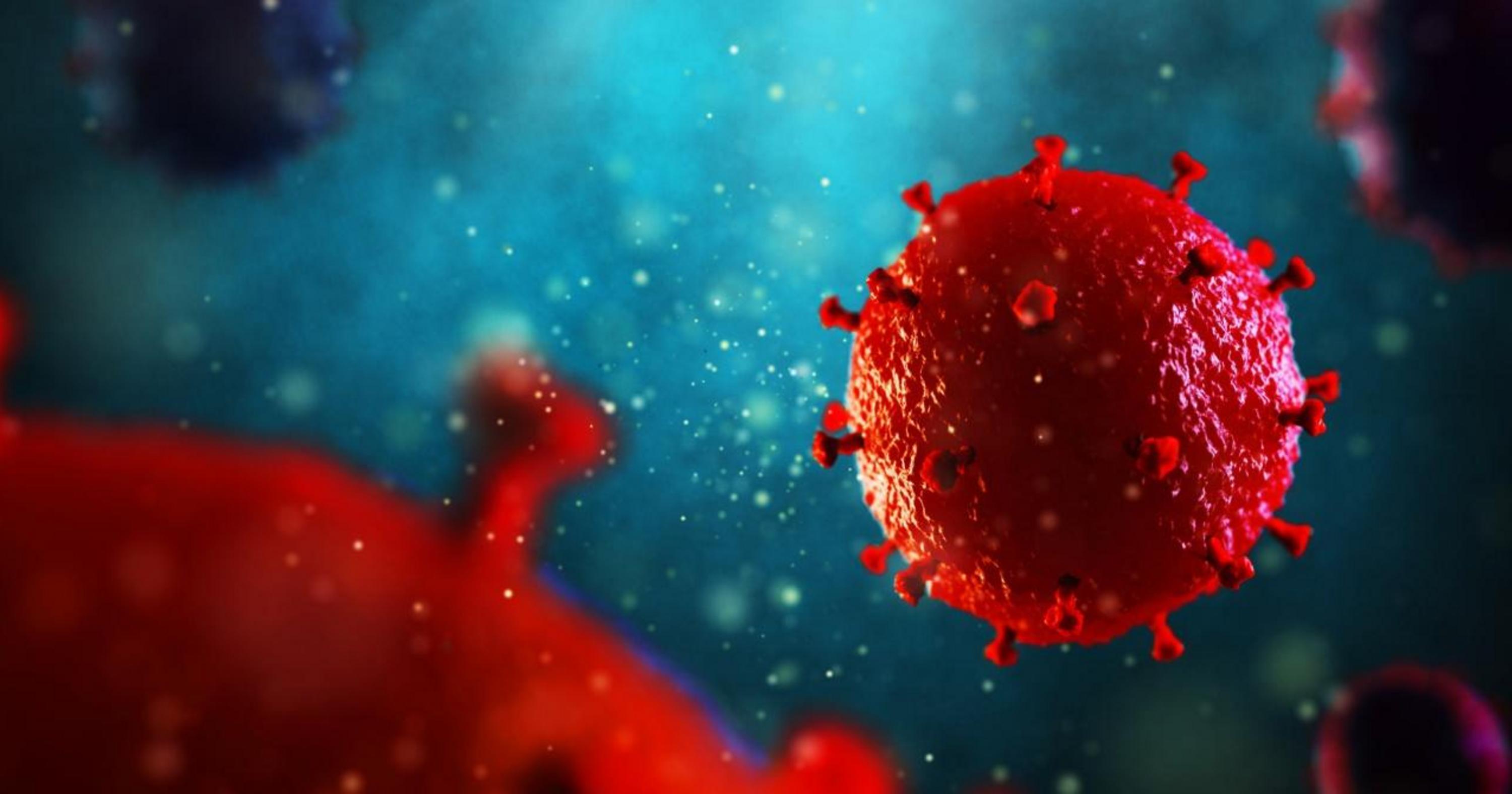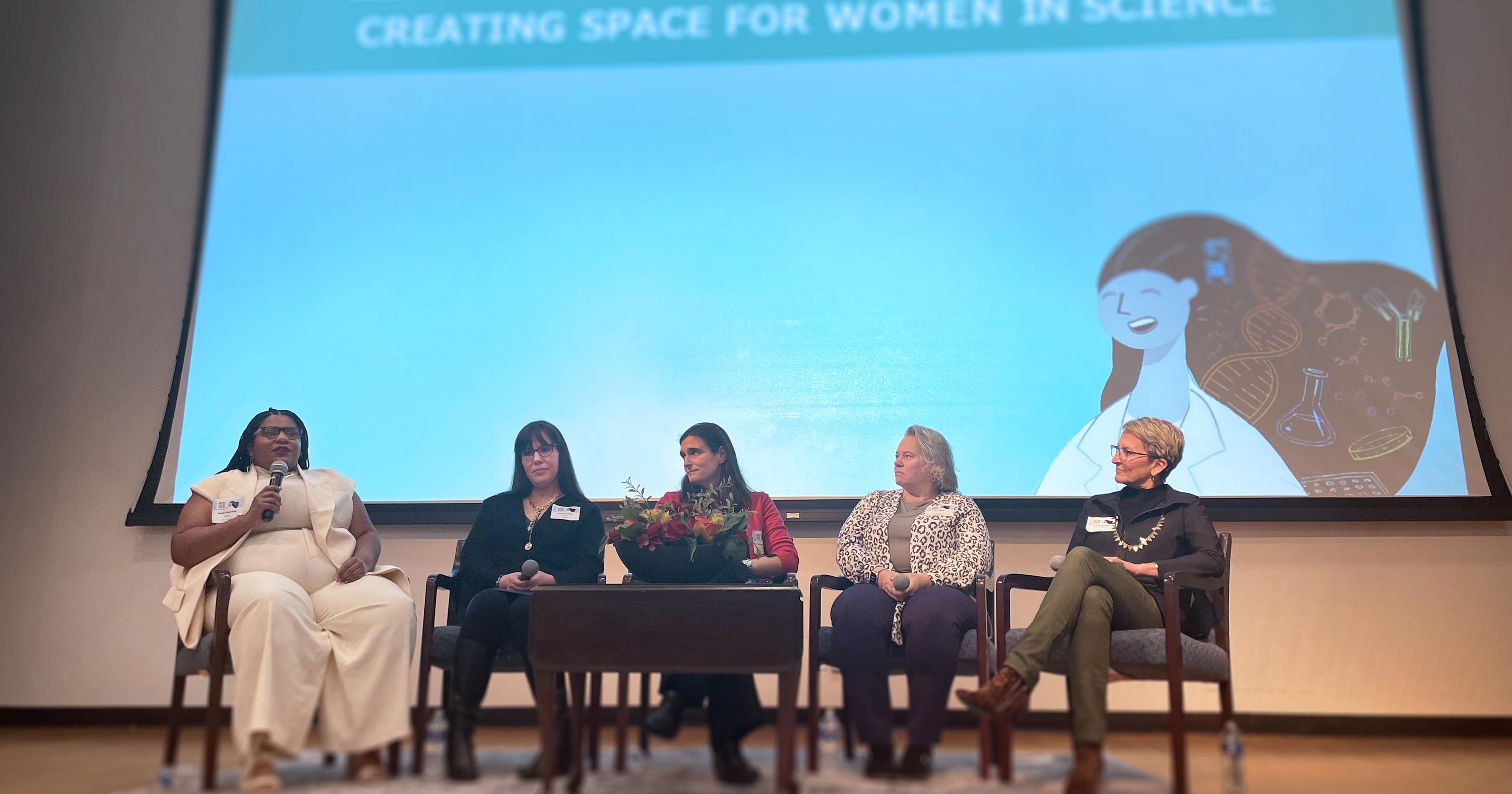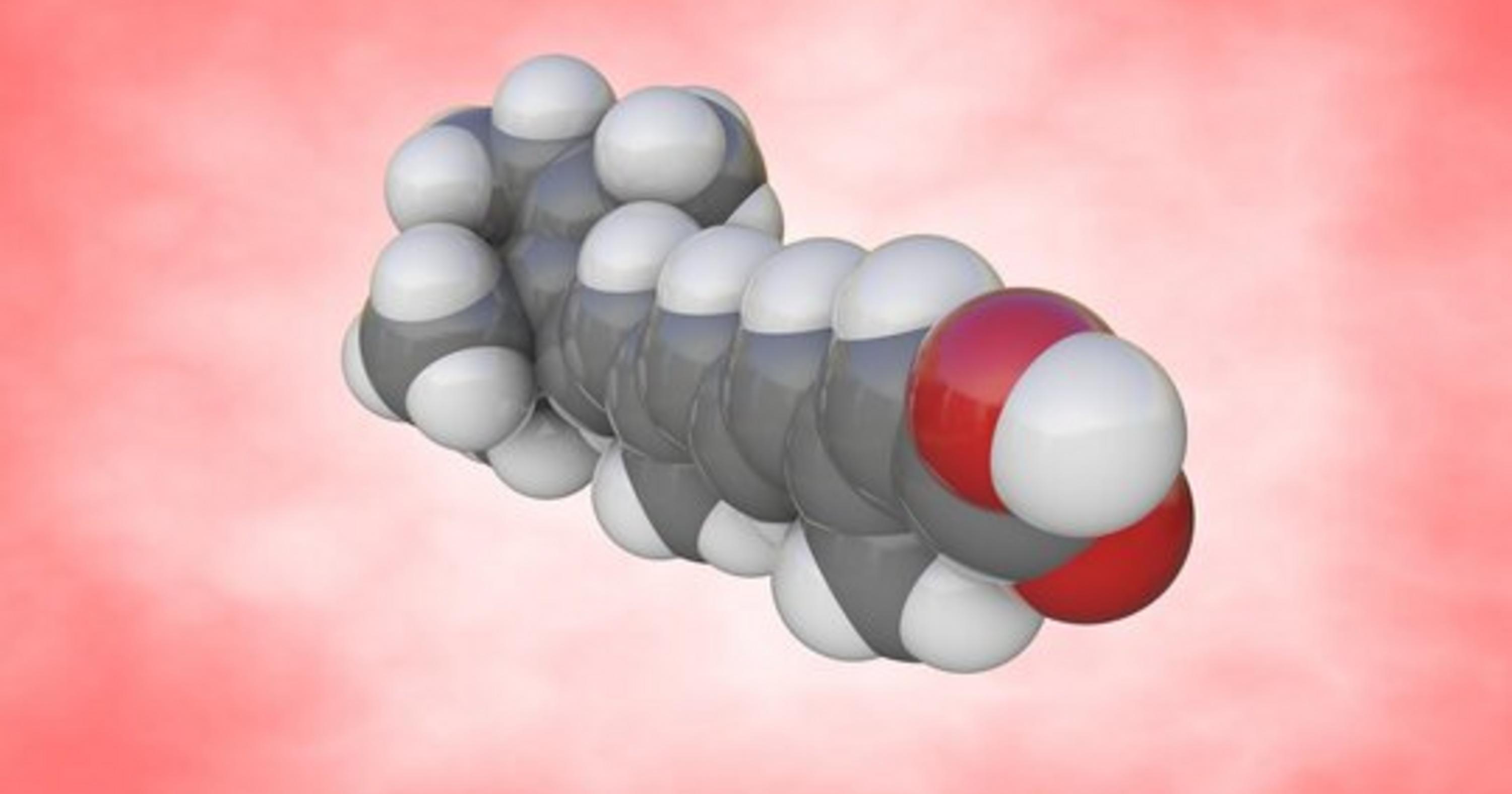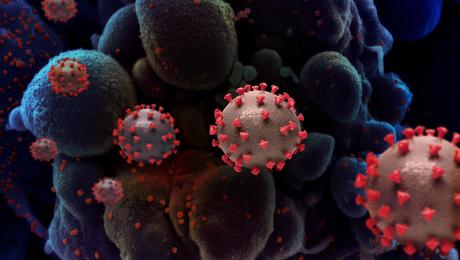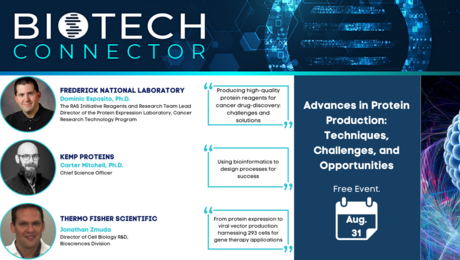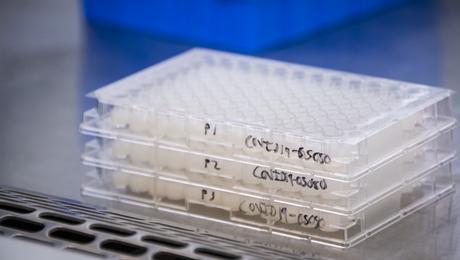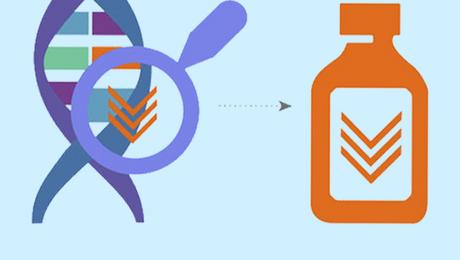All News
Public-private partnerships key to equality and equity in research
Partnership Development OfficePosted 8/31/2023The Frederick National Laboratory’s partnerships with historically Black colleges and universities (HBCUs) came into focus at the National Institutes of Health’s Collaborative Model for Building Equality and Equity in Research Conference in July. FNL Partnership Development Office Director Maggie Scully, Ph.D. highlighted the laboratory’s experience during the session “…
Long-term data paint clearer pictures of antibody levels and potency against SARS-CoV-2
Vaccine, Immunity, and Cancer Directorate, HPV and COVID-19 Serology LaboratoriesPosted 8/28/2023After three years of COVID-19, science has learned much about the disease and the virus that causes it, SARS-CoV-2. But in the bigger biological and clinical picture, there are still many unanswered questions, says Ligia Pinto, Ph.D.
That’s what keeps her group, the Vaccine, Immunity, and Cancer Directorate at Frederick National Laboratory, working hard to hunt down…
NCI and FNL Technology Showcase Returns September 6
Partnership Development OfficePosted 8/25/2023The National Cancer Institute and Frederick National Laboratory for Cancer Research will host the Technology Showcase on Wednesday, Sept. 6 at the FNL’s Advanced Technology Research Facility in Frederick, Md.
The seventh annual event highlights NCI and FNL inventions and capabilities available to the external healthcare and biotech communities and offers the opportunity…
August 31 Biotech Connector to Explore Advances in Protein Production
Partnership Development OfficePosted 8/21/2023
Proteins—large molecules composed of amino acids—perform an array of essential roles with the body, from catalyzing chemical reactions to providing structure to cells. As such, they are critical tools for a variety of biomedical research and gene therapy applications. However, generating the large yields of high-quality proteins needed for research and the clinic is no…
Performance varies widely in commercial and in-house COVID-19 blood antibody tests
Vaccine, Immunity, and Cancer DirectoratePosted 8/15/2023Many different blood tests are available for the COVID-19 virus to detect infection and to evaluate antibody responses developed after infection or vaccination. But not all tests hold to a standard ensuring that their results will be consistent with those of other similar tests. A new study addresses this issue.
A team of scientists from the Vaccine, Immunity and Cancer…
Case study links inflammation to HIV persistence in specific scenarios
AIDS and Cancer Virus ProgramPosted 8/7/2023A years-long case study has potentially identified another factor with which HIV treatment efforts must contend: Inflammation could be a linchpin in the virus’ overexpression in some people.
The findings come from the treatment of a person living with HIV. The study, led by the HIV Dynamics and Replication Program at the National Cancer Institute at Frederick and the…
End of NCI-MATCH positions precision medicine for next big push
Molecular Characterization Laboratory, Clinical Research DirectoratePosted 8/3/2023NCI-MATCH, one of the largest cancer precision medicine clinical trials to date, closed in 2023 and its follow-on studies will use a similar model to test combinations of treatments, evaluating a patient’s immune system prior to pairing the patient with immunotherapy against their cancer.
The Molecular Analysis for Therapy Choice (NCI-MATCH) clinical trial was sponsored by…
Faster workflows boost drug discovery in natural product-based screening
Applied and Developmental Research DirectoratePosted 7/26/2023Plants, marine invertebrates, and microbes have been a major source of novel drugs against cancer, viruses, and fungal diseases. New isolation methods are making it faster and easier to discover these natural products.
To encourage ongoing drug development from natural products, a collaboration of government and contractor scientists demonstrated accelerated methods of…
Two key drivers of hereditary kidney cancer are identified
Laboratory Animal Sciences ProgramPosted 7/13/2023An international research collaboration including scientists from the Frederick National Laboratory has identified two key drivers of a hereditary kidney cancer and opened new possibilities for therapeutic approaches to a disease whose current treatment is largely surgerical.
The scientists implicated two proteins that work cooperatively to drive tumor formation in Birt-…
Panel at BIO International Convention provides navigation tips and resources to avoid AI pitfalls
Partnership Development OfficePosted 7/10/2023Artificial intelligence has rapidly become a buzzword that evokes fear and hope. A recent panel discussion dug into this issue at the 2023 BIO International Convention, one of the world’s largest biotech partnering events, attracting more than 14,000 biotech leaders to Boston this year.
The discussion, “Is Your Billion-Dollar Oncology AI Cutting-Edge Technology or Is It…

